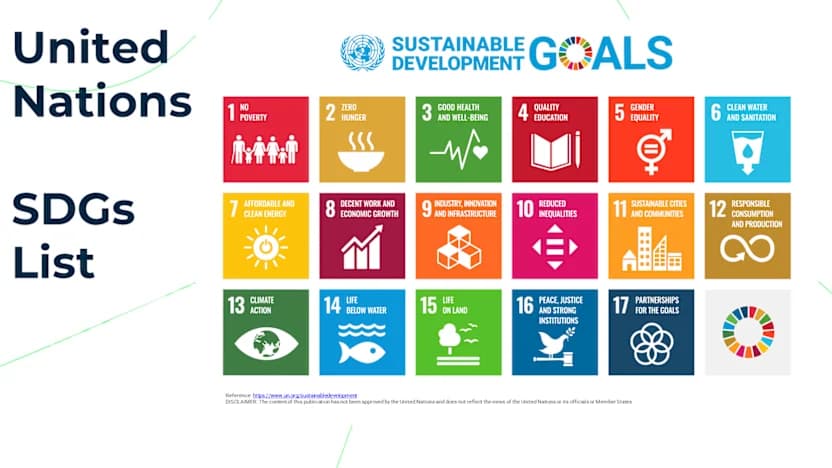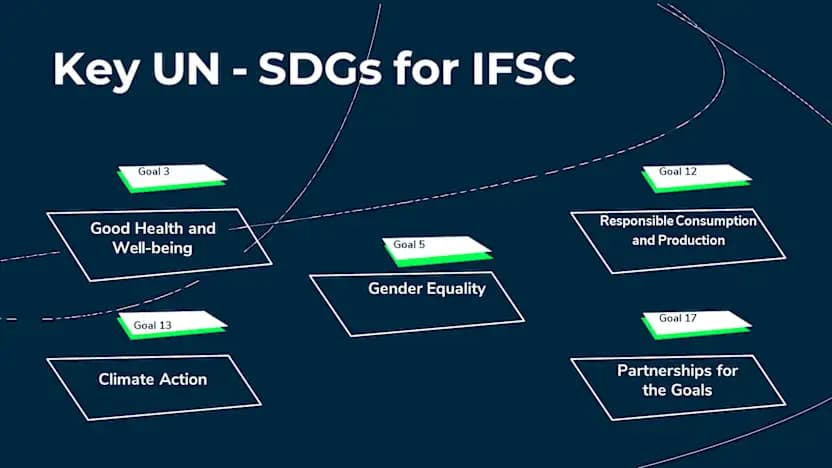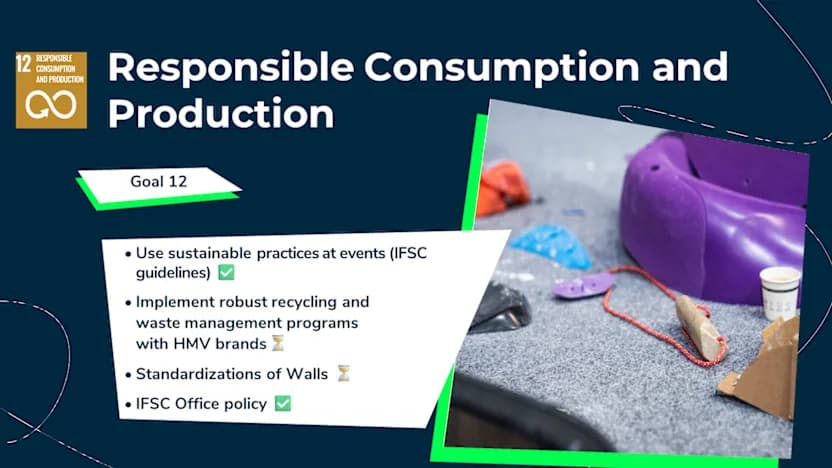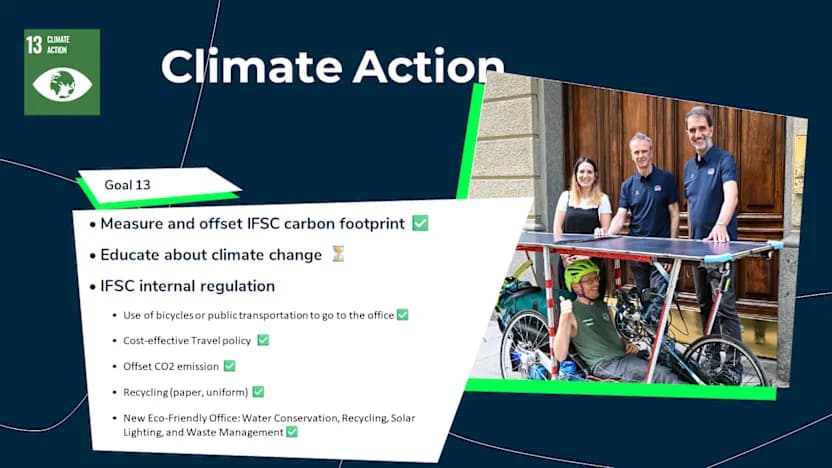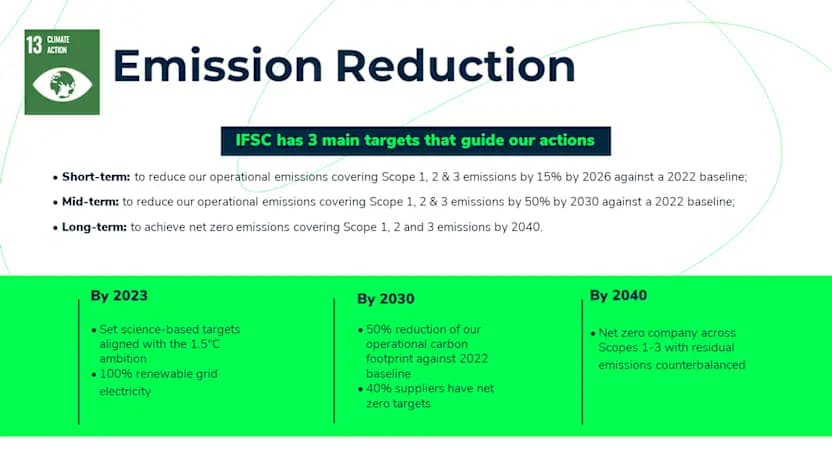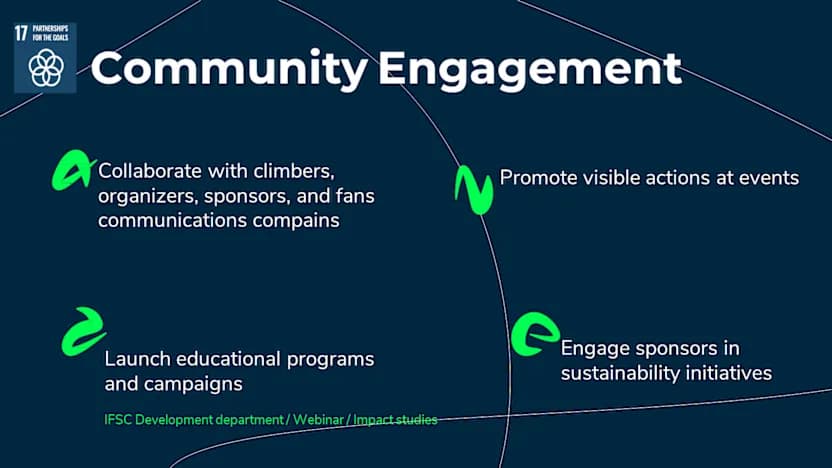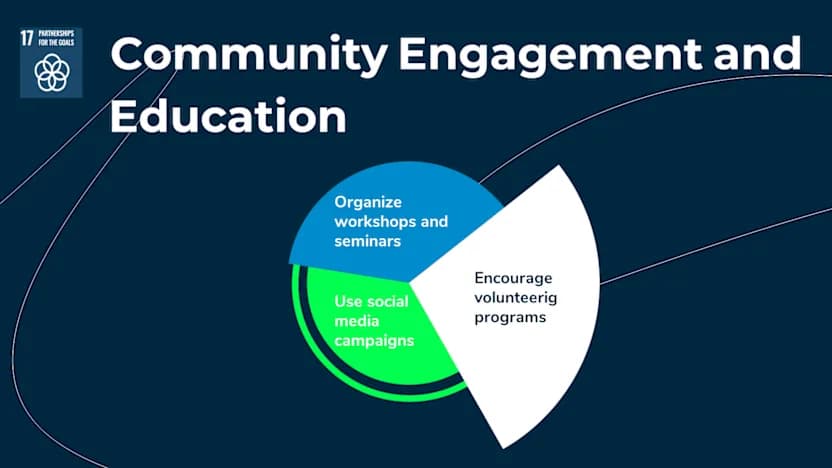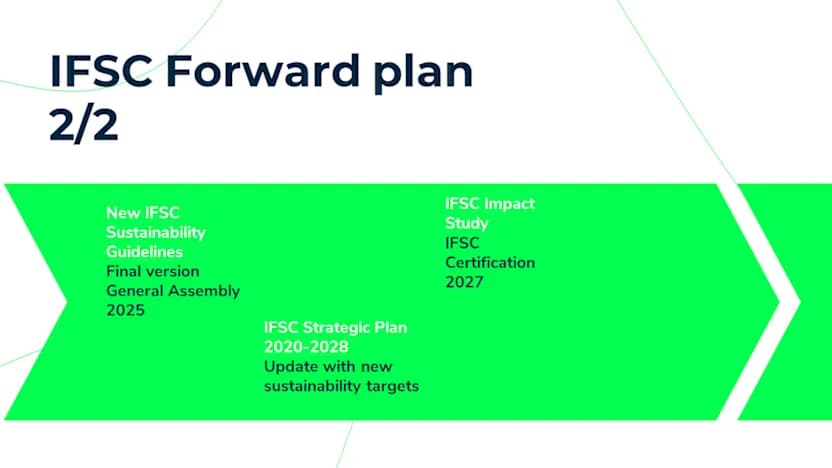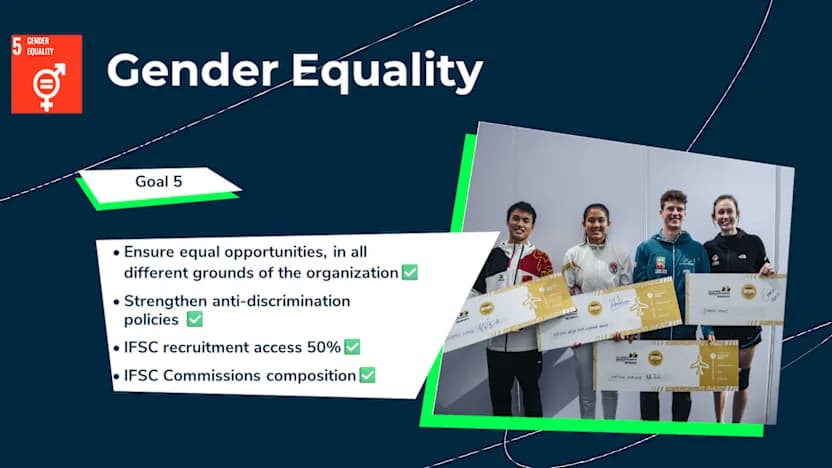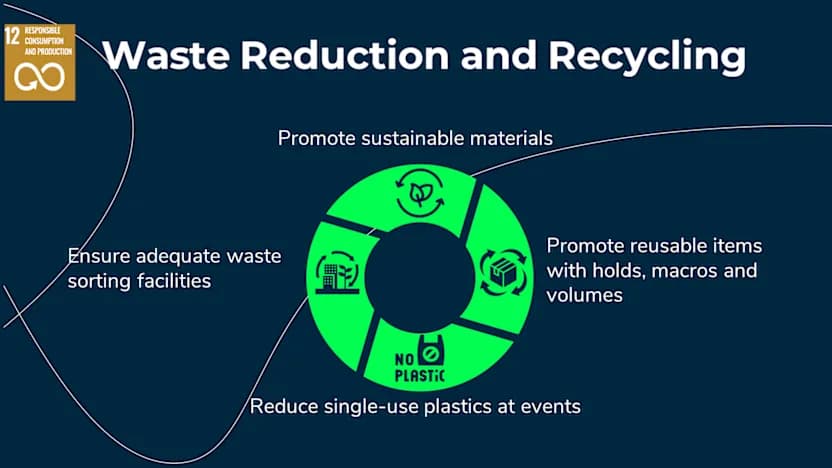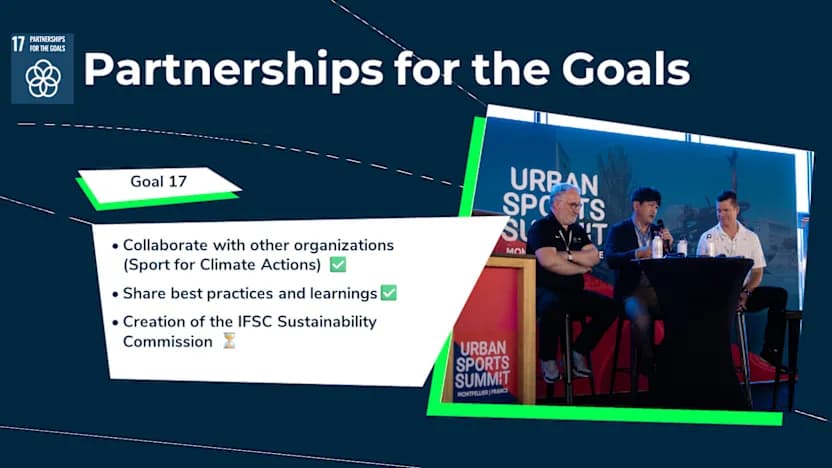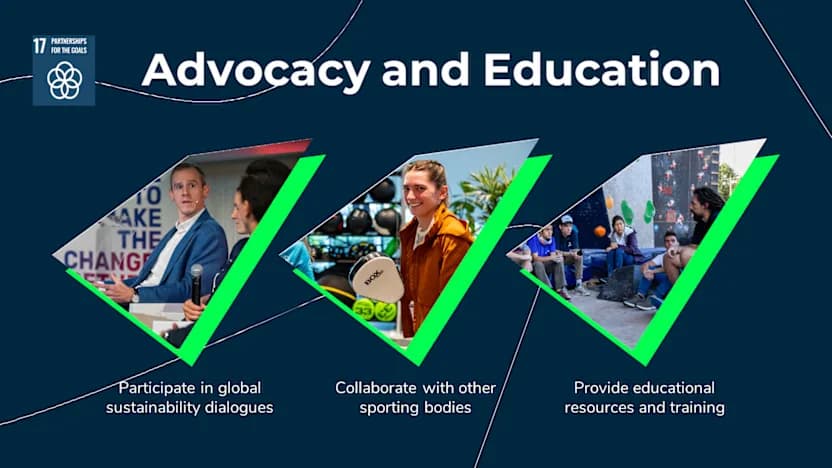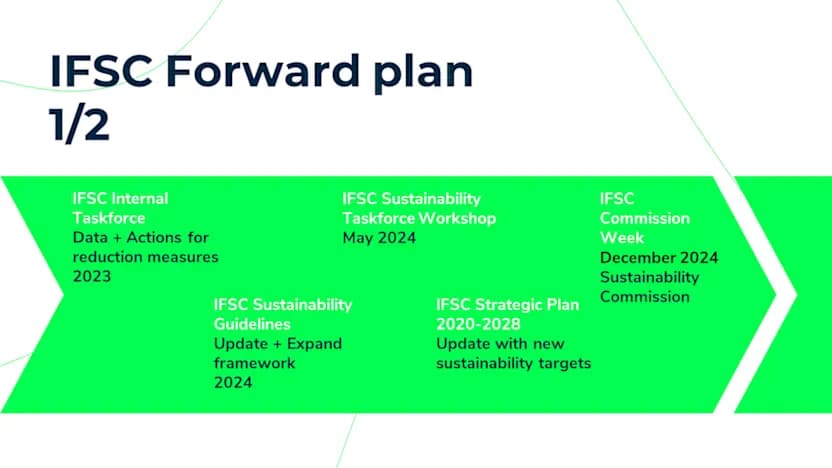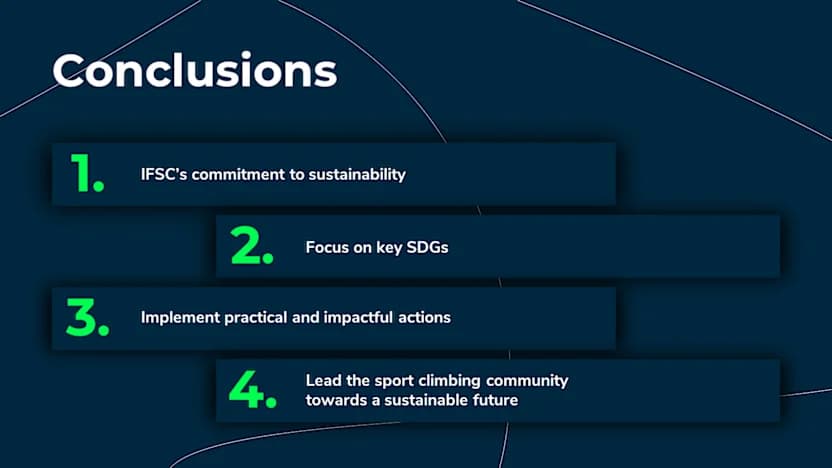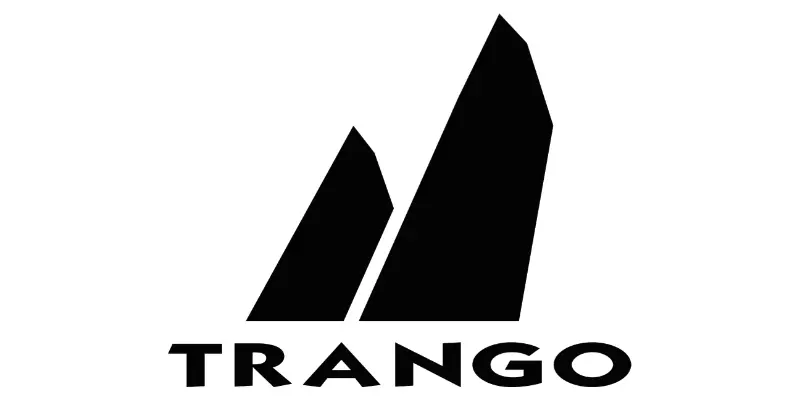Sustainability
While the IFSC’s roots were based in nature, nowadays its landscape has changed to more urban environments, focussing on the elite and sporting perspectives.
Despite the shift, the IFSC’s history and beginnings compels it to continue the sustainability goals of an outdoor activity and lifestyle. However, just like the organisation, sustainability needs to grow, develop, and adapt to fit our current place in the world of sport.
Sustainability in sport has a few meanings. There is of course the need to sustain nature, but there is also the aim to sustain our sport for the future generations - this means for example financial sustainability to ensure host venues and Federations can continue to provide the high quality of events the sport, its participants and its fans deserve.
The IFSC has decided to get inspired by the pillars of the Sustainable Development Goals of the United Nations with a new plan in Summer 2024. While SDG has 17 points overall, the IFSC decided to focus on five of these objectives that are in line with a modern sport organisation.
- SDG Goal 3: Good Health and Well-being
- SDG Goal 5: Gender Equality
- SDG Goal 12: Responsible Consumption and Production
- SDG Goal 13: Climate Action
- SDG Goal 17: Parterships for the Goals
Even at the Olympic Games and on the Olympic pathway sustainability is on the IFSC agenda. There are legacy programmes in place to re-use holds and distribute to developing federations and countries. This was seen at Continental Olympic Qualification events and will be implemented again after Paris 2024.
For many years now the IFSC has offset its carbon emissions with payments to organisations with valuable initiatives such as ‘myclimate’ – an organisation that finances high-quality climate protection projects and climate education work.
The IFSC has also joined forces with agency Sporting Giants to undertake a full assessment of its carbon footprint for 2022. This has led to the formation of a transition plan that has suggested a series of actions that can be implemented for the future.
The IFSC also made the crucial step in joining the UNFCCC Sports For Climate Action Framework to align with the IOC and other International Federations in safeguarding the future of the sport and planet. The IFSC Climate Transition Plan sets out the steps that will be taken to reduce emissions by 50% by 2030, and to achieve net zero emissions across our value chain by 2040.
As the organisation and sport grows, so will the impact both in terms of nature and finances, and the IFSC will continue to develop its sustainability mission and plan to accommodate this growth and to ultimately ‘make the world better through Climbing’.
Sports for Climate Action Online Course
Sports for Climate Action Training Course is part of the broader capacity-building efforts under the UN Climate Change Sports for Climate Action Initiative.
Take the course and help lead the way in climate action.
More information and access to the training can be found here.
IFSC SUSTAINABILITY GUIDELINES
No-car policy
Small gestures of sustainability
What does the IFSC office do for sustainability in everyday life? A series of small gestures, ranging from drinking tap water to a “no-car policy”. IFSC staff are not allowed to use private cars to travel to the office. Sustainability goes from big projects to everyday attitudes
